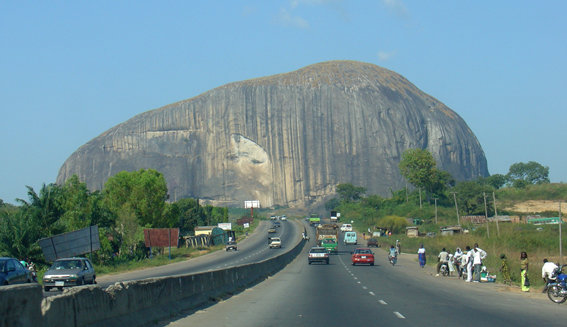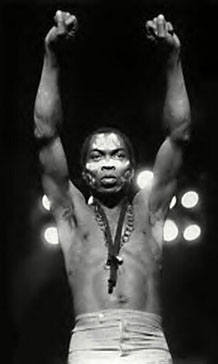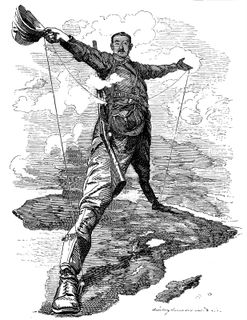Nigeria was recently in the news a few months back about the spread of Ebola, with quick response we became the first African country to combat Ebola without foreign aid. Nigeria is a proud country and rightly so i should add. The medias constant butchering of Africa has left view with the impression that all of Africa is waste land and ruin with famine, poverty and death. i would like to shed a different light by sharing with you the beauty of Nigeria like i have experienced first hand. Nigeria has very similar sites like ones you would find in America. Lets view a hand full
Nigeria has various tourist attraction one of which is their art. with a number of ethnic groups you can imagine the wide spread variety of art.
the lovely sculpture of Calabar is an example of art you would find all round Nigeria. Showing that we are artistic and intelligent just like other parts of the world.
Zuma Rock is one of the biggest rocks in. A great place for tourist or locals to go rock climbing and site seeing. This rock is so huge that it can be seen from almost anywhere in the capital of Abuja
The Niger bridge crosses the river Niger and river Benue, similar to the golden state bridge and various other bridges located in the U.S.
This is a beautiful night view of the larger cities in Nigeria, just in case nigeria was misunderstood as a poor country with famine and death this should debunk a lot of false depiction of Africa. i personally grew up in this busy city. I would compare it to N.Y Manhattan. Being the largest populated country in Africa you do see a lot of people. The streets of Lagos are lighted by dull street lights that allow you to see where it is you are going but also to enjoy the beauty of the stars in the skies at night.
The government house in Port Harcourt is one of many great works of architect you’ll see in Nigeria. Houses are typically made with cement and stone.
Other resorts that you wont hear advertised in the media is our beaches and hotels. Nigeria has several beaches and a five star hotel. Below is Eleko Beach located in Nigeria. Nigeria weather is very nice, tropical breeze with plenty of sun for torist to tan and a beautiful golden sand clear water.
Next is Sheraton Hotel a world know five star hotel located in Nigeria has great service, beautiful compound and pools and hot tub for tourist to enjoy.
I have always known what a beautiful place Nigeria was, but i didnt know was how wrongly africa is made to look in the media. When i came to this country i was rushed with questions like “did you live in a hut?” “do you hunt lions and Tiger?” and i was confused. As i grew older i began to see where kids were getting these ideas of Africa from. I would just say not every information you get from the news is true. Do your own research to learn about Africa the next time you hear a story on the news.












.jpg)

